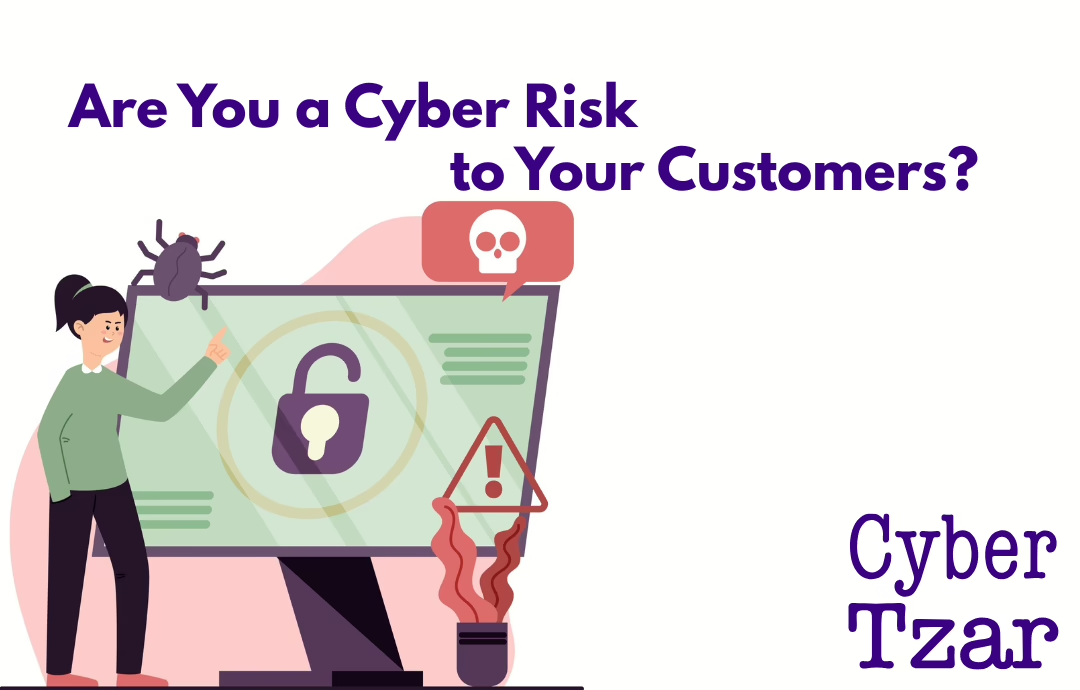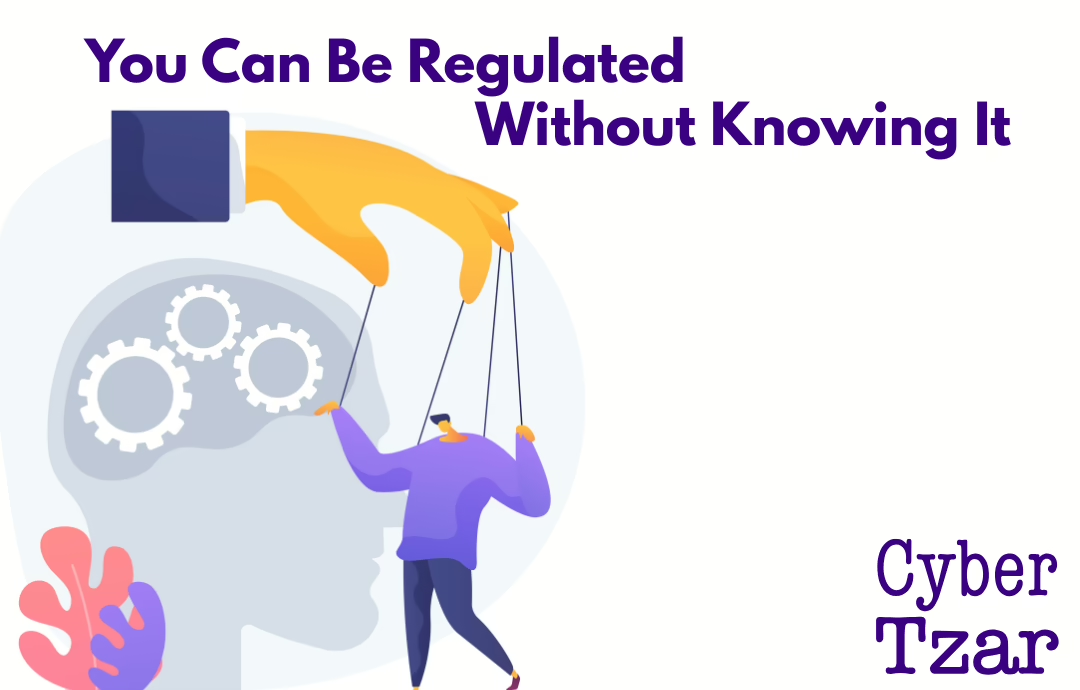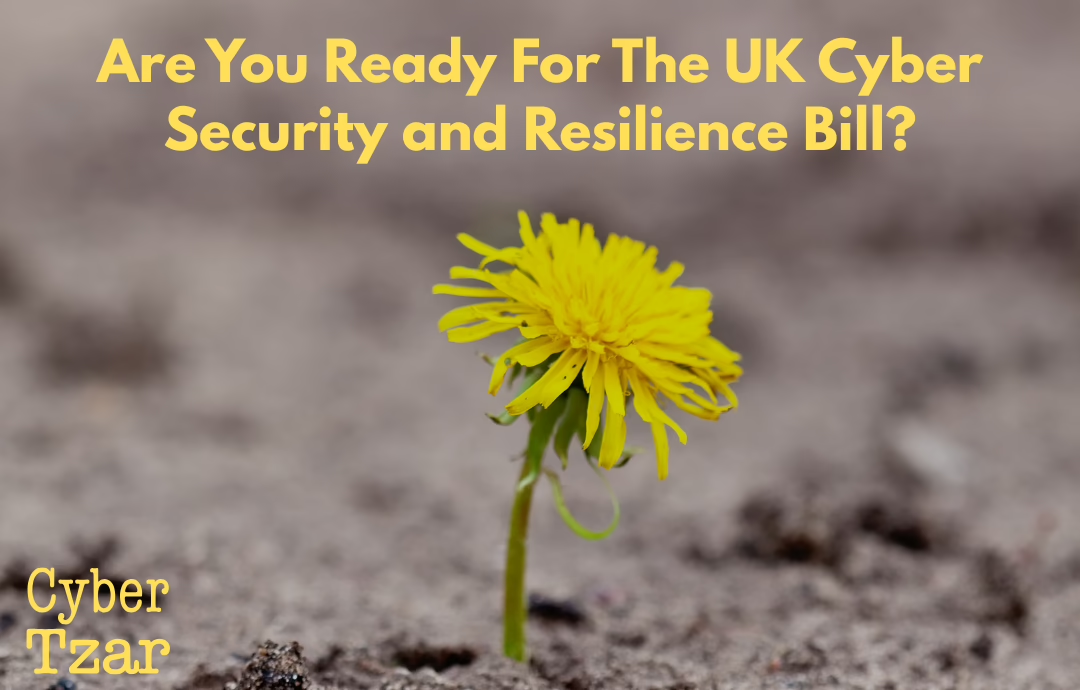Introduction
Cybersecurity is no longer an afterthought for tech startups—it is a critical business priority. Whether you’re building a SaaS platform, fintech service, or AI-driven product, security breaches can erode customer trust, derail funding rounds, and expose sensitive data.
Startups move fast and often lack dedicated security teams, but cyber threats are evolving just as quickly. In 2024, investors, customers, and regulators expect robust security measures, and failing to implement them can cost startups funding, contracts, and compliance fines.
This playbook provides practical security best practices for tech startups, covering foundational security, cloud protection, compliance, and risk management to help you scale securely.
1️⃣ Why Startups Must Take Security Seriously
📌 60% of small businesses shut down within six months of a cyber attack.
📌 Cybersecurity incidents cost UK SMEs an average of £25,700 per attack.
📌 Venture capital firms are increasingly prioritising cybersecurity in funding decisions.
💡 Security is no longer optional—startups that ignore it will struggle to scale, attract funding, and gain enterprise clients.
2️⃣ The Biggest Cybersecurity Risks Facing Startups
🔹 1. Data Breaches & Unsecured Cloud Storage
Startups rely heavily on cloud services (AWS, Azure, Google Cloud) but often misconfigure security settings, exposing sensitive data.
Common Risks:
- Unprotected S3 buckets leaking customer information.
- Weak access controls, allowing unauthorised access to cloud resources.
- API security gaps that expose data to the internet.
🛡️ How to Reduce Risk:
✔ Use role-based access control (RBAC) to limit who can access data.
✔ Encrypt data at rest and in transit to prevent unauthorised access.
✔ Regularly audit cloud configurations with security scanning tools.
🔹 2. Phishing & Social Engineering Attacks
Startups often lack formal cybersecurity training, making employees and founders easy targets for phishing attacks.
Common Risks:
- Fake emails impersonating investors, customers, or co-founders.
- Spear phishing targeting C-level executives (CEO fraud).
- Compromised business email accounts, leading to fraudulent payments.
🛡️ How to Reduce Risk:
✔ Train all employees to spot phishing emails and verify suspicious requests.
✔ Use multi-factor authentication (MFA) on all accounts.
✔ Deploy email filtering tools to block malicious links and attachments.
🔹 3. Insecure Code & Lack of Secure Development Practices
Tech startups are focused on shipping features quickly, but insecure coding practices can introduce vulnerabilities that hackers exploit.
Common Risks:
- Hardcoded API keys and credentials in code repositories.
- Lack of security testing before deploying new features.
- Using outdated open-source libraries with known vulnerabilities.
🛡️ How to Reduce Risk:
✔ Implement secure coding guidelines for developers.
✔ Use automated security scanning tools to detect vulnerabilities in code.
✔ Regularly update dependencies and third-party libraries.
🔹 4. Compliance & Regulatory Challenges
As startups scale, they must comply with data protection regulations such as:
📌 GDPR (UK & EU) – General Data Protection Regulation.
📌 ISO 27001 – International standard for information security.
📌 NIST, SOC 2 – Required for SaaS companies working with enterprise clients.
💡 Investors and enterprise customers now expect startups to demonstrate compliance before signing contracts.
🛡️ How to Reduce Risk:
✔ Assign a data protection lead to oversee compliance.
✔ Implement privacy-by-design principles in product development.
✔ Document security policies to pass investor and customer security audits.
3️⃣ Essential Cybersecurity Best Practices for Startups
✅ 1. Secure Your Cloud Infrastructure from Day One
- Use MFA and strong authentication for all cloud accounts.
- Regularly scan for misconfigured cloud storage and databases.
- Enable logging and monitoring to detect suspicious activity.
✅ 2. Implement Strong Access Controls & Zero Trust Security
- Apply least privilege access—only give employees the permissions they need.
- Restrict access to sensitive data and production systems.
- Use identity and access management (IAM) tools.
✅ 3. Encrypt Data & Protect Customer Information
- Encrypt sensitive data at rest and in transit.
- Use tokenisation for payment and personal data.
- Implement end-to-end encryption for messaging and communications apps.
✅ 4. Secure Software Development & DevSecOps
- Integrate security into the software development lifecycle (SDLC).
- Run regular penetration testing and vulnerability assessments.
- Enforce code reviews and security checks before deployment.
✅ 5. Develop an Incident Response Plan
- Create a cyber incident response plan to handle breaches quickly.
- Run security tabletop exercises to prepare for cyber attacks.
- Assign clear roles and responsibilities for security incidents.
💡 A security breach is not a matter of if, but when—startups must be prepared to respond.
4️⃣ How Cybersecurity Can Help Startups Win Funding & Enterprise Clients
Startups that prioritise cybersecurity can gain a competitive advantage when seeking investment and signing enterprise deals.
✔ Investors favour startups with strong cybersecurity – Venture capitalists assess security risks before investing.
✔ Enterprise customers require security assurances – Many corporations require startups to complete security audits before partnering.
✔ Cybersecurity maturity improves IPO readiness – Publicly traded companies face strict security and compliance requirements.
💡 A strong cybersecurity posture signals credibility, reducing risk for investors, customers, and partners.
Final Thoughts: Security is a Startup Growth Enabler
For tech startups, security is no longer a secondary concern—it is a key driver of success. By embedding cybersecurity into their operations from day one, startups can protect sensitive data, build customer trust, and secure funding.
🔹 Key Takeaways for Tech Startups:
✔ Startups are prime cyber attack targets—security must be prioritised early.
✔ Common threats include phishing, cloud misconfigurations, and weak coding practices.
✔ Secure development, cloud security, and compliance are essential for scaling securely.
✔ Strong cybersecurity can accelerate funding rounds and enterprise partnerships.
By following these best practices, tech startups can scale securely, protect their users, and position themselves for long-term success in 2024 and beyond.
📢 What’s Next?
💡 Next in the series: “Safeguarding Student Data: Compliance & Cyber Risk for Schools” (w/c 12 May).
Would you like a cybersecurity checklist for startups? Get in touch today. 🚀



